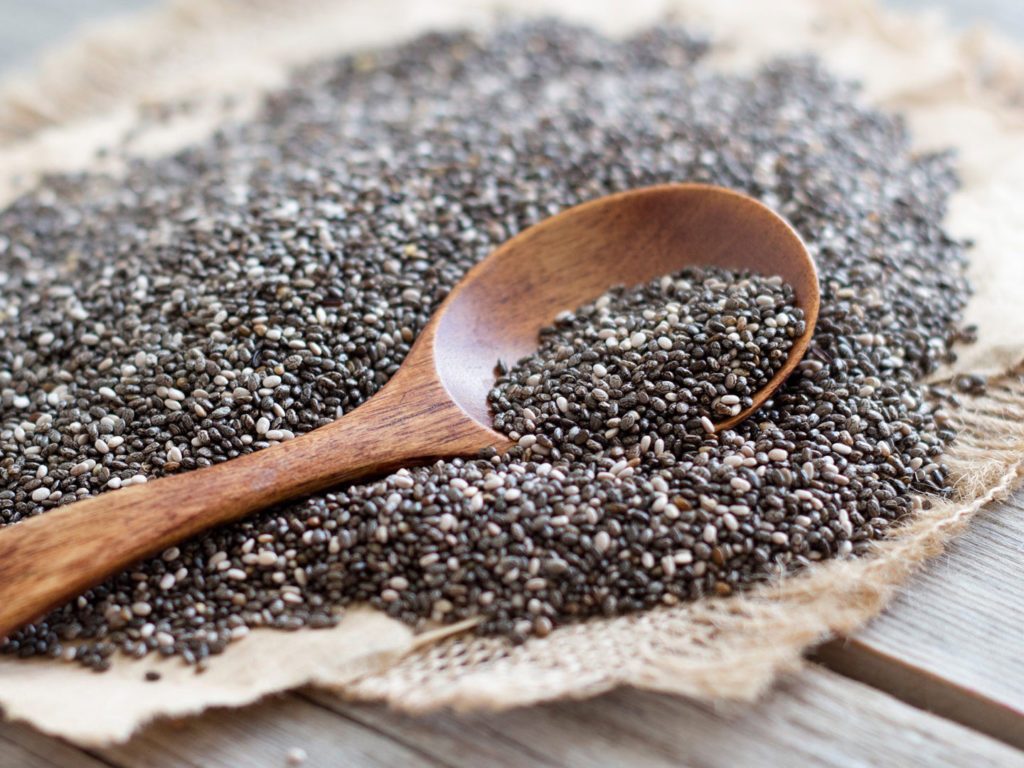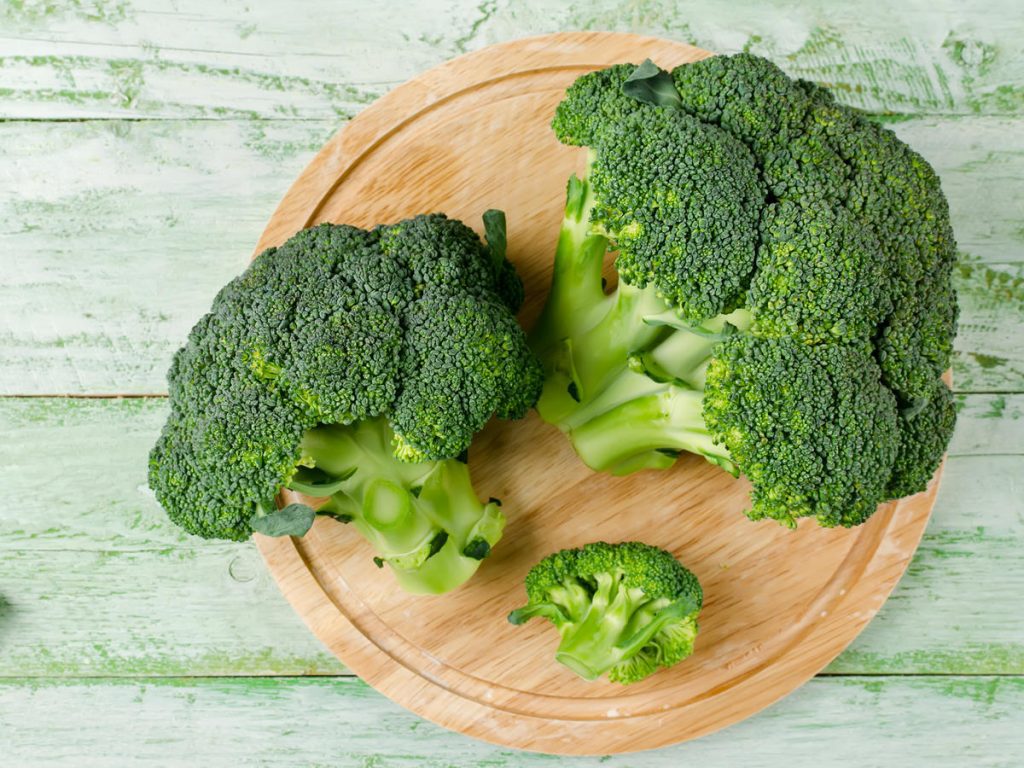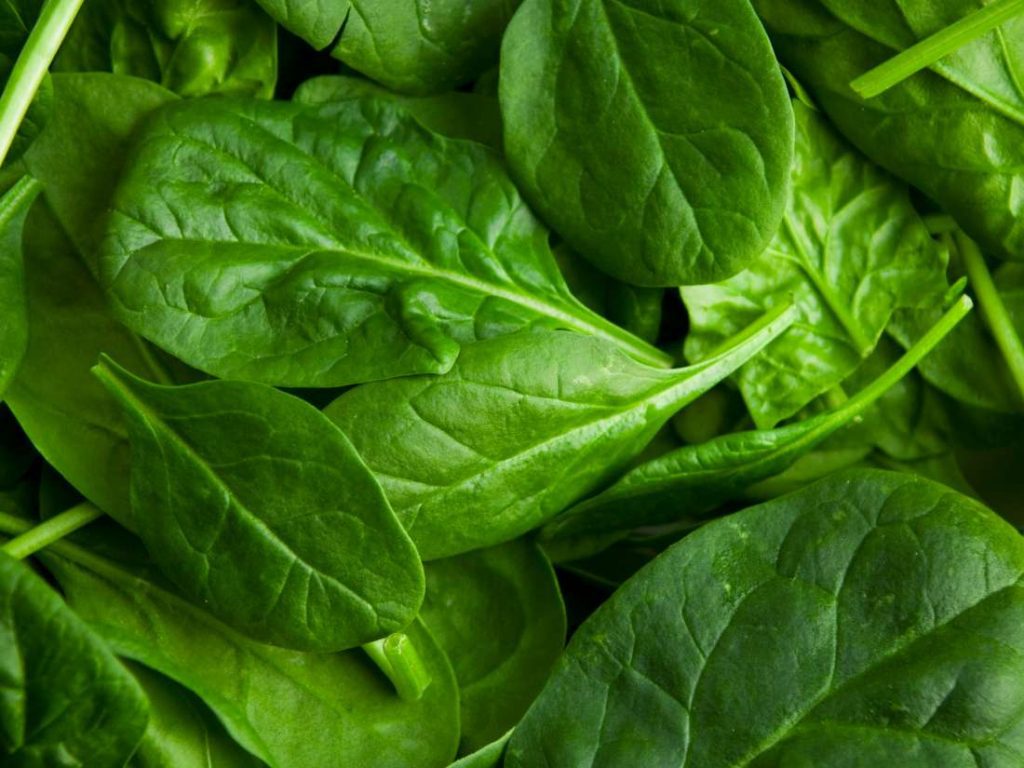1. Flaxseeds –

Loaded with heart-healthy Omega-3 essential fatty acids, lignans and fibre, flaxseed can be consumed in the form of ground powder, in baked items, as flax meal and so on. The Omega-3s work wonders for anti-inflammation, heartbeat normalization, lowering blood pressure and controlling cholesterol levels.
2. Chia seeds –

High in fibre, Omega-3s and protein, chia seeds can help lower LDL cholesterol, triglycerides and inflammation, while increasing heart healthy HDL cholesterol.
3. Whole grains –

A diet comprising of whole grains helps in reducing LDL cholesterol levels. The fibre content in whole grains helps to lower triglycerides and cholesterol, reduce blood pressure and regulate blood sugar levels.
4. Puffed-rice/Oatmeal –

Puffed-rice is rich in potassium, zinc, copper, thiamine, niacin, Vitamin B6 pantothenic acid, iron, magnesium, phosphorous and manganese. If you eat puffed-rice regularly you don’t need to eat Vitamin B complex supplements. Oats are also known for their high fibre content, that help remove cholesterol from the digestive system. The beta-glucan fibre present in oats lowers cholesterol levels in the blood, thus preventing plaque build-up in the walls of blood vessels.
5. Broccoli –

This non-starchy vegetable helps reduce cholesterol levels. It contains sulforaphane which has anti-inflammatory properties and could prevent damage to blood vessel linings. Its B-complex vitamins work to regulate or reduce homocysteine levels.
6. Spinach –

Loaded with Vitamin C, beta-carotene, potassium, magnesium and folate, spinach packs the punch when it comes to cardiovascular health! This green leafy vegetable works wonders in preventing the build-up of oxidized cholesterols in blood vessel walls, lowering homocysteine levels, regulating blood pressure, and maintaining a healthy heart.
